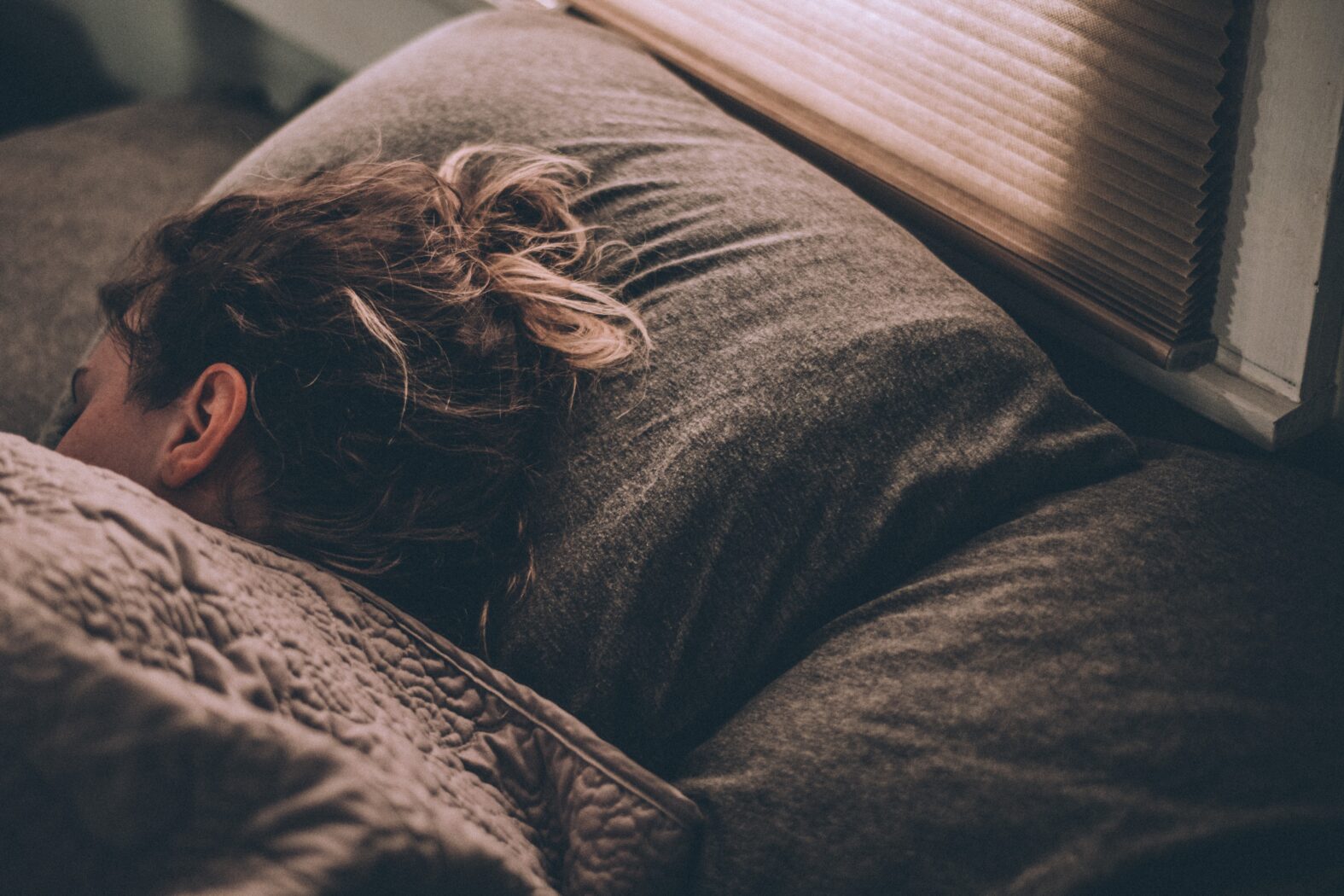
To Sleep, Perchance, To Sleep Enough
By Galen Lastko,
Photo by Lux Graves on Unsplash
In case you don’t remember, you’ve probably spent a third of your life laying dormant, experiencing deep periods of unconsciousness alternating with patterns of symbolic, poorly understood, yet altogether vivid and emotional hallucinations. For almost everything that walks, crawls, or swims, sleep is an essential component of a healthy life and a significant contributing factor in our overall well-being.
The importance of sleep
The main conduit for energy in the human body is restored during sleep
A major component of sleep is reduced brain activity and sensory perception. Adenosine triphosphate, the main conduit for energy in the human body is restored during sleep, and as the brain uses approximately 20% of our body’s energy while awake, when we turn off the grey matter, it allows our body time to catch up with our metabolisms, cellular activity, and other maintenance-level processes. If we don’t take this time to rest, we can build up a sleep debt over several days, increasing the amount of rest we will need in order to square ourselves away with slumberland, and reducing our wakeful efficacy erstwhile.
Sleeplessness
Institutionally and individually, regardless of lifestyle, all manner of folks have a hard time going to sleep, a hard time staying asleep, and a hard time getting out of bed feeling rested. Approximately 20%-40% of the population is affected by some form of dyssomnia or sleep disorder. 70.6% of college students reported fewer than eight hours of sleep each night. Often, we consume substances and take drugs to help us sleep, prescribed or otherwise, and we also consume substances and drugs to keep us awake. While a person’s lifestyle, habits, and biology are certainly a major factor in determining whether or not they are able to regularly get enough healthful sleep, it turns out we can blame a decent amount of human sleeplessness on the modern world.
Sleep is governed by a part of our brain known as the circadian clock, and the natural ebb and flow of our sleep cycles are known as our circadian rhythm. These cycles are based on environmental changes as natural indicators of the passage of time. The advent of electricity, urbanization, industrialization, and the modern workweek has thrown the natural human sleep schedule out the window, as our homes are full of light and noise long after the rest of the planet has gone to bed.
With almost constant stimuli and entertainment available over the internet, some studies indicate that the industrialized world gets about one hour less sleep per night than they did forty years ago. Particularly for adolescents, who need upwards of ten hours of sleep each day, the demands of our schedules force many into perpetual cycles of sleep deprivation, especially when combined with stressful jobs, school, and social pressure.
After twenty hours awake, our brains function essentially at the same level as someone with a blood-alcohol level of 0.08 percent
As we all probably know, sleep deprivation affects attention span, mood, anxiety levels, and impairs our memories. However, studies have shown that after twenty hours awake, our brains function essentially at the same level as someone with a blood-alcohol level of 0.08 percent: the legal limit for drunk driving in the United States. Getting behind the wheel after a sleepless night can be every bit as dangerous as drunk driving, and an estimated 1 in 5 serious traffic accidents are the result of driver fatigue. Unfortunately for most of us, our jobs and schools and kids and lives are going to continue to take precedence over our need for proper sleep.
Sleep better
There are a few tools we can use to help maintain healthy sleep habits. A regular sleep schedule can be enforced, which can readjust a skewed circadian rhythm. Exercise can be a wonderful way of reminding the body of the natural order after a day spent sitting and staring at screens. Bedrooms can be kept at a nice, cool 70 degrees, and excess light and noise can be mitigated. Exposure to bright light in the morning, and staying away from bright lights in the evening will let your body know the sun did actually go down and you could probably use a little shut-eye. And while napping is a productive and wonderful thing, napping in the afternoon can encourage wakefulness into the darksome hours, which will naturally be accompanied by more lights and noises. Ultimately, recognizing the importance of sleep in your life may take a bit of work, but with just a few concessions to Mr. Sandman
Galen Lastko, submitted on behalf of the SoHum Health’s Outreach department.
Related: Mental Health, Wellness